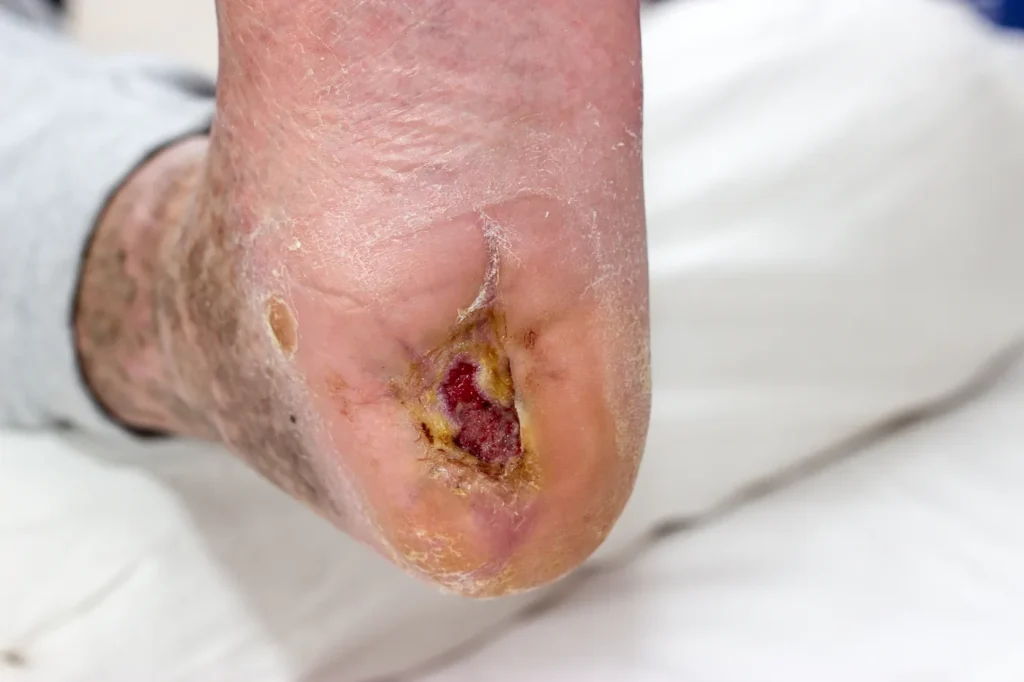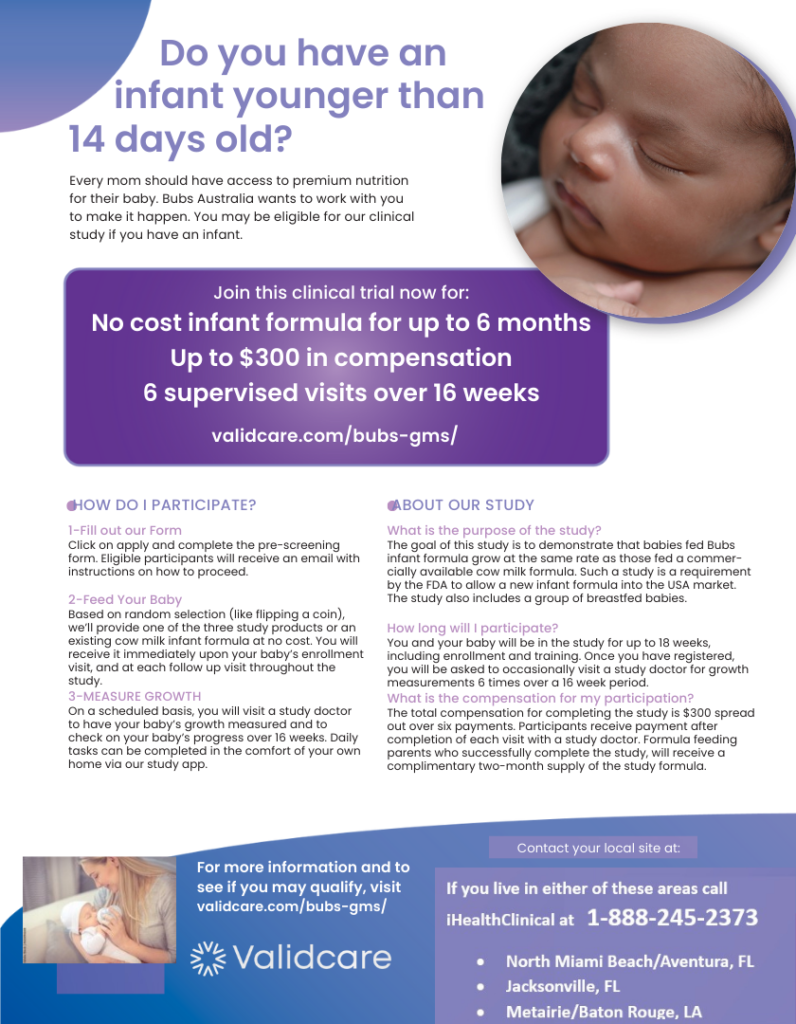The Transformative Role of AI in Clinical Trials
Mar 22, 2025Navigating Greek Life in College with Type 1
Jan 15, 2025The Awesomeness of the Patient Professor Academy
Dec 23, 2024Giving Thanks
Nov 23, 2024The Importance of Clean Data in Clinical Trials
- Leonette Yeadon-Peebles
- 3 Minutes Read Time
By Leonette Yeadon-Peebles
Understanding the Role of Clean Data in Clinical Trials
Clinical trials play a vital role in developing new drugs and medical devices. These trials generate vast amounts of data, which is entered into an Electronic Data Capture (EDC) system. Proper data management, including data cleaning and query management, is essential for ensuring that the data is clean and meets regulatory requirements. The process of data cleaning is a collaborative effort involving multiple teams, such as data management, centralized monitors, medical safety, and medical surveillance.
But what exactly is clean data, and why is it so important in clinical trials? This article will explore the definition and significance of clean data in the context of clinical trials.

What is Clean Data?
Clean data is defined as data that is accurate, valid, complete, and consistent. The process of data cleaning and query management helps identify errors, inconsistencies, incomplete data, and out-of-range lab values. Addressing these errors promptly allows the study team to review the data and make informed decisions during the study.
The accuracy of data is crucial in determining the tolerability and efficacy of a drug or investigational product. For instance, correct data entry ensures that the study results reflect the product’s true effectiveness. Source documents must be referenced to confirm that the data entered into the EDC system is accurate. Common data errors include incorrect dates, duplicate data, and dosage/medicine errors. Data cleaning helps identify these issues and ensures the study team addresses them quickly.
Ensuring Participant Safety through Clean Data
Clean data is also essential for monitoring the safety of study participants, including reporting adverse reactions. Participant safety is the top priority in clinical trials, and collecting accurate, timely data is critical to identifying and managing any safety concerns that arise during the study.
For example, inaccurate or under-reported adverse events due to study treatment can put participant safety at risk. Incorrect reporting of drug reactions may not only endanger participants but could also lead to safety issues for the general population if the drug is later approved by the Food and Drug Administration (FDA). Serious safety risks, such as adverse reactions or death, must be accurately reported to ensure that investigational products meet safety standards.
Regulatory Compliance and the Role of Clean Data
Data recorded during clinical trials must comply with strict regulatory requirements and guidelines. Pharmaceutical companies depend on clinical trial data to gain FDA approval for marketing their investigational products. To achieve this, sponsors must ensure that the data is accurate and reliable, thereby guaranteeing the safety and efficacy of the reported investigational product.
Best Practices for Ensuring Clean Data
To maintain clean data in clinical trials, certain best practices should be followed, including:
- Careful data entry from source documents
- Reporting all adverse reactions
- Timely reporting of serious adverse events
- Promptly addressing data queries and clarifications
- Reviewing data within a reasonable time frame
Additionally, referencing the protocol, study manuals, and guidelines is critical for ensuring that the data meets the necessary standards.
The Critical Importance of Clean Data
In conclusion, the success of any clinical trial heavily depends on having clean, valid, reliable, and consistent data. Maintaining the integrity and quality of the data is crucial not only for ensuring patient safety but also for adhering to regulatory requirements. By following best practices and focusing on data quality, clinical trials can achieve accurate results and protect the health and safety of all participants.
Leonette is a certified clinical data manager who currently works for Syneos Health as the Principal Clinical Data Scientist embedded with Pfizer Global Product Development with over 20 years of clinical data management experience. Leonnette is definitely an expert. She is proficient in various systems including Medidata RAVE, Inform, DataLabs, OC-RDC, and IVRS. Leonette can best be described as highly motivated with a talent to quickly master new technology.

















